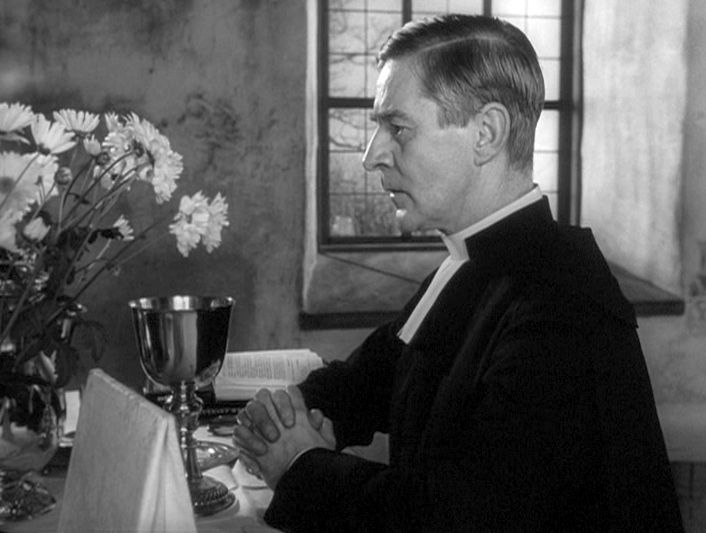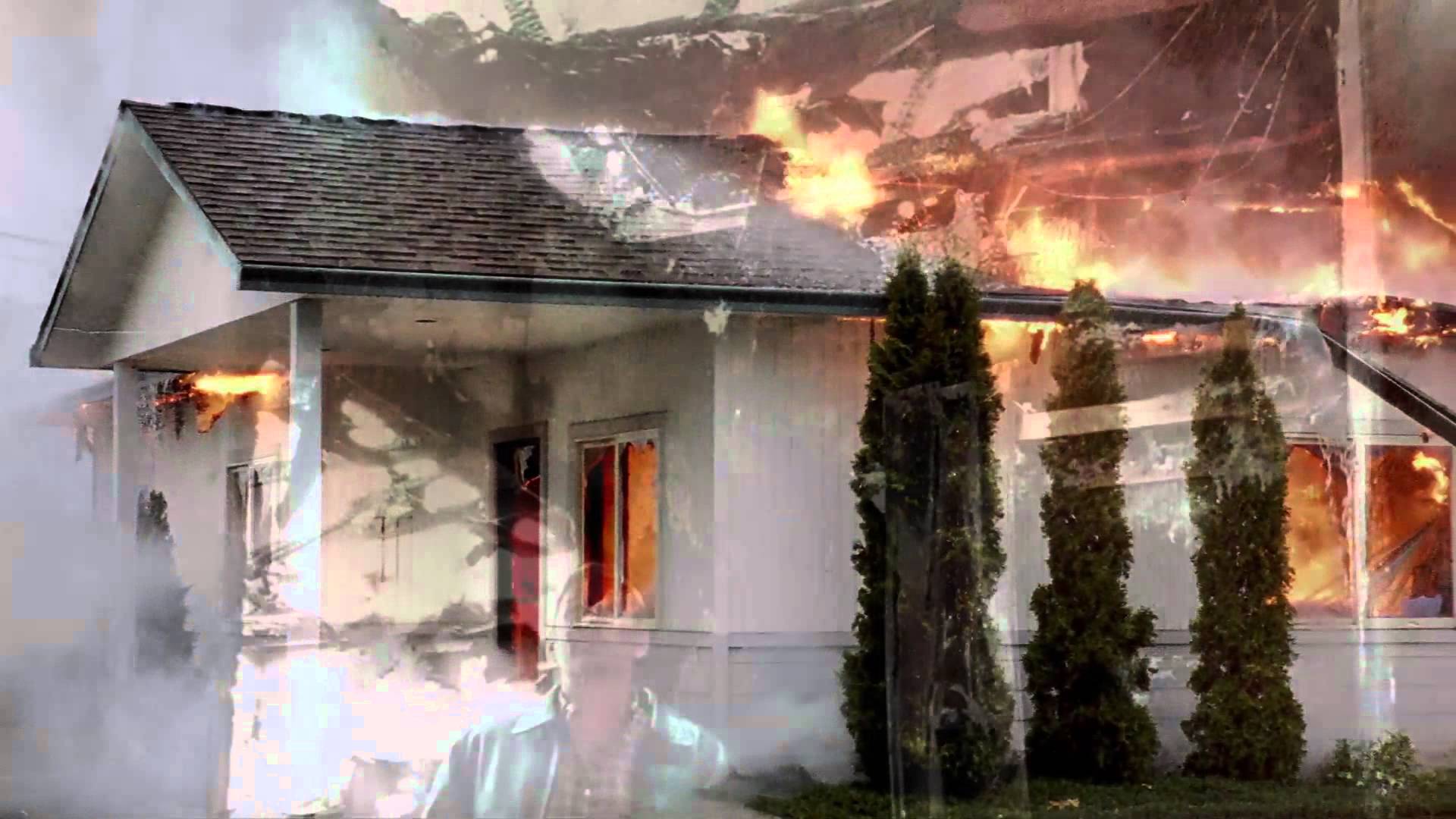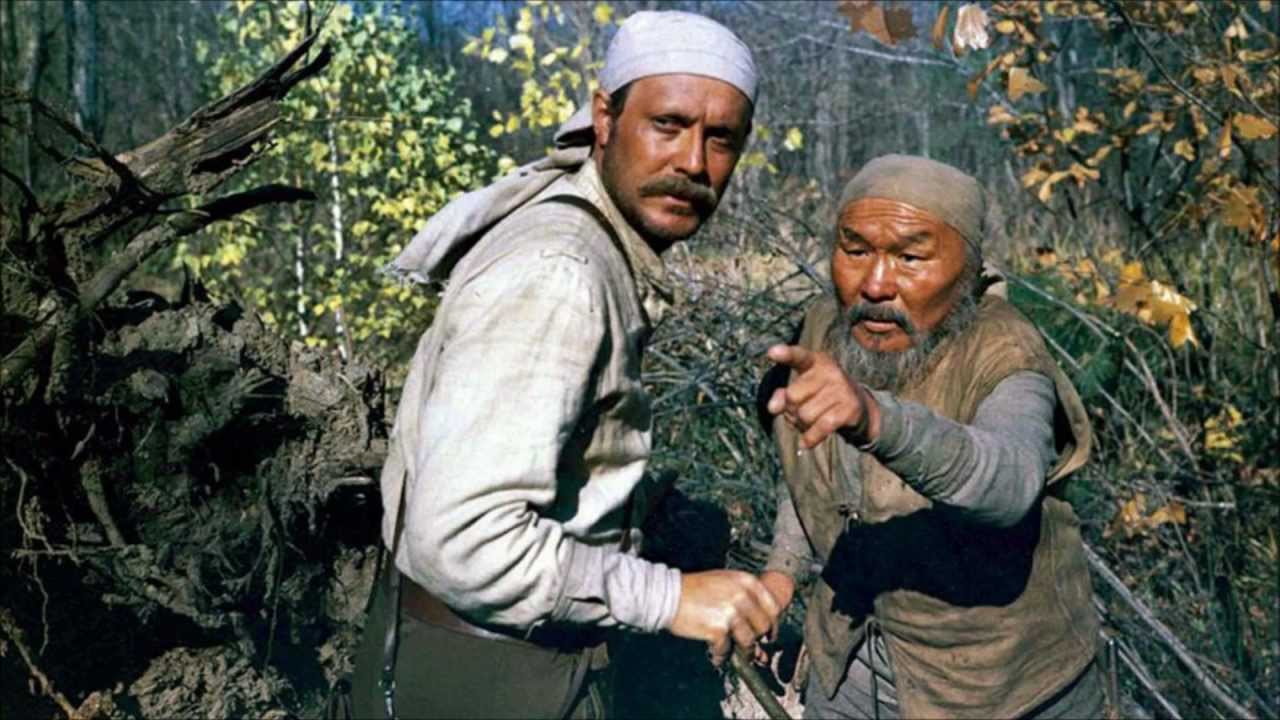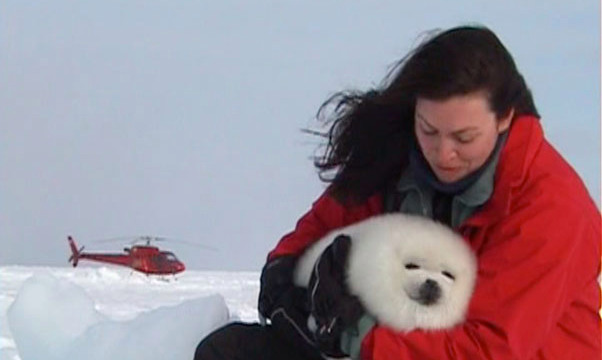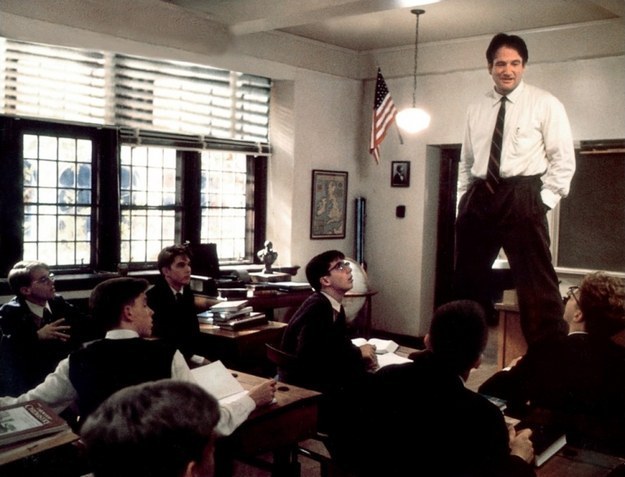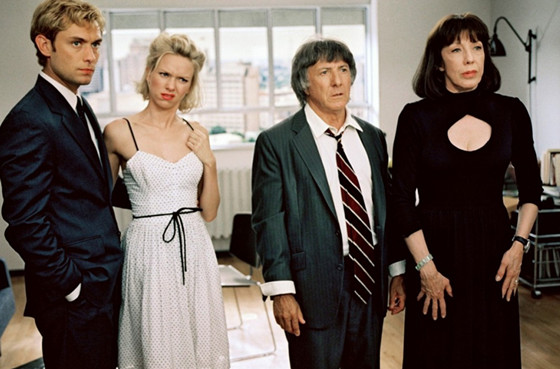8. Winter Light (1962)
Ingmar Bergman’s Winter Light is a drama that follows the life of Tomas Ericsson, a pastor in a rural community who is struggling with an existential crisis and doubt of faith. The plot is fairly simple; Tomas attempts to console a fisherman, and rejects the advances of a schoolteacher. Winter Light is the second in a trilogy of Bergman’s films about a crisis of faith.
Tomas’ simple, rural life resembles the one Thoreau promoted. As one of the major figures of Transcendentalism, Thoreau was skeptical of organized religion. However, he viewed philosophy and religion as equals, even reading many religious and philosophical texts from around the world, particularly India.
The Transcendentalists encouraged an intellectual self-reliance, encouraging individuals to ask themselves difficult existential questions rather than seeking answers from institutions such as the Church.
9. If a Tree Falls: A Story of The Earth Liberation Front (2011)
If a Tree Falls offers a rare look into The Earth Liberation Front, a radical environmental group. Labeled a terrorist group by some, the ELF was active in the late 90’s and early 2000’s, sabotaging deforestation efforts and even destroying a logging plant. The film centers on Daniel McGowan, an ELF member who was charged with arson and conspiracy after helping to burn down a logging company office in Oregon.
Despite having burnt the office at night to avoid casualties, McGowan and his conspirators have been labeled as domestic terrorists. Nominated for Sundance and Academy Awards, this documentary explores the implications of labeling the ELF as a terrorist group, as well as the moral quandaries of radical activism.
Thoreau is often credited as one of the first environmentalist writers. A student of ecology and biology, he wrote extensively about both the scientific and spiritual aspects of the environment. Throughout Walden, Thoreau dismisses the progress of modern society and materialism, arguing that they are distractions and obstacles to finding personal meaning in the simplicity of nature. In a letter, Thoreau posed the question, “What is the use of a house if you haven’t got a tolerable planet to put it on?”
10. Dersu Uzala (1975)
Akira Kurosawa’s 1975 masterpiece Dersu Uzala depicts the friendship and journey of Russian explorer Arsenev and Siberian hunter Dersu. On an expedition for the Russian Army, Arsenev meets and befriends Dersu in the Siberian wilderness.
An expert outdoorsman, Dersu becomes a guide for the expedition, instantly earning the affection and respect of the soldiers. Arsenev brings Dersu back to the city with him, introducing him to urban life. However, Dersu does not feel at home, and returns to the Siberian countryside.
Dersu represents many of the characteristics the Transcendentalists most revered: self-reliance, knowledge of the environment, and individualism. Dersu rejects the domestic, stale city life and returns to the wild, where he can roam where wants and hunt for himself. The transcendentalists argued that humans are best when they are self-reliant, and Dersu would likely agree.
11. Confessions of an Eco-terrorist (2010)
Another documentary about radical environmentalists, Confessions of an Eco-terrorist depicts the revolutionary and surprisingly humorous antics of activist Peter Jay Brown and his crew of misfits. Peter and his colleagues sail a ship that flies a pirate flag, sabotaging and thwarting whaling ships, seal hunters, and illegal fishing boats. Demonstrating courage and cleverness, their ship rams other vessels, gets boarded by enemies, and flees arrests.
Peter Jay Brown and his wily crew of activists demonstrate some of Thoreau’s values, including environmentalism, civil disobedience, and skepticism towards legislation. Brown’s ship does the work that government agencies fail to accomplish: enforcing laws that protect maritime environments and fish populations. Thoreau was deeply skeptical of laws, arguing that they failed to make individuals more free or just.
In Civil Disobedience, Thoreau explains, “Law never made a man a whit more just; and, by means of their respect for it, even the well-disposed are daily made the agents of injustice.” Simply because there are laws against many fishing operations, that does not mean individuals will follow the law. Brown protects the environment, and breaks the law, because it is the right thing to do, legal or illegal.
12. Dead Poets Society (1989)
One of the most popular films of the 1980’s, Dead Poet’s Society tells the story of John Keating, an inspiring and unusual English teacher at the prestigious Welton Academy for boys. Played by Robin Williams, Keating teaches Todd and Neil about poetry. The two students, accompanied by a few others, revive the Dead Poet’s Society, a secret poetry-reading club.
Both Keating and his students quote Thoreau throughout the film. In one scene, Keating warns his students against leading lives of “quiet desperation,” encouraging them to discover and cultivate their own literary voices. Neil also quotes Thoreau when explaining that he too wishes to “suck out all the marrow of life.” The film celebrates many of the values Thoreau and the Transcendentalists cherished, such as individualism and intellectual curiosity.
13. I Heart Huckabees (2004)
After seeing the same mysterious stranger multiple times, Albert (Jason Schwartzmann) enlists the help of two existential detectives to provide answers. The husband and wife detective duo, played by Dustin Hoffman and Lily Tomlin, observe him in his natural habitat, as he leads the local chapter of an environmental group called the Open Spaces Coalition.
Albert meets other characters struggling with their existences played by Jude Law, Naomi Watts, and Mark Wahlberg. Trouble ensues when Albert is introduced to Catherine, a former student of the detectives, who proposes a different approach to life.
This film is full of references to philosophy. The existential detectives promote a philosophy called Universal Interconnectivity, similar to Transcendentalism. In contrast, Catherine proposes an opposing, almost nihilistic framework for life that she refers to as Pure Being. Albert and the other characters struggle between these two opposite philosophies. Hints of Thoreau can be found throughout the film, particularly in the critique of materialism and consumerism.
Additionally, Tommy’s politics and Albert’s environmentalism were likely inspired in part by Thoreau. In a telling scene, Albert explains the need for unadulterated nature. [Albert] “I’m not talking about covering every square inch with houses and strip malls until you can’t remember what happens when you stand at a meadow at dusk.” [Bret] “What happens in the meadow at dusk?” [Albert] “Everything!”
Similarly in Walden, Thoreau warns of societal progress interfering with and ruining the natural world. Like Albert, Thoreau also believed nature to be a source of spiritual arousal.
14. Being John Malkovich (1999)
Puppeteer Craig Schwartz (John Cusack) takes the job of a file clerk at Lester Corp. One day at work, Craig discovers a portal that allows him to enter the mind of John Malkovich. The experience causes Craig to ponder the meaning of life.
Lotte, Craig’s wife played by Cameron Diaz, is compelled to consider her being after using the portal. They soon realize that they are able to control the actor’s behavior and are able to explore life through someone else. John Malkovich also begins to suspect something is amiss, as he becomes alarmed by his own erratic behavior.
The film addresses existence and the limits of mortality. Thoreau encouraged individuals to eschew the “quiet desperation” of pursuing money and materials, and instead to enjoy the simple pleasures of life, as existence is temporary. Each of the main characters in Being John Malkovich use the portal to experiment with living and to extend their mortality, rather than being present in their own lives.
While Thoreau is encouraging of experiments and existential questions, truth was also important to him. The experiences in the portal, while exciting for the characters, are ultimately false. The portal is a distraction, an obstacle to fully living one’s own life.
15. Jesus Camp (2006)
Jesus Camp depicts an Evangelical Christian summer camp in North Dakota. The documentary centers on a few children who attend this camp and other youth programs organized by the Evangelical Church. Jesus Camp exhibits the indoctrination of children into the Church’s extreme faith. It also portrays the fascinating intersection of media, capitalism, and Christianity in America.
One of the major figures of Transcendentalism, Thoreau promoted a spiritual self-reliance, encouraging individuals to discover for themselves their spiritual beliefs. He was skeptical of institutional, organized religion, viewing it as an obstacle to spiritual self-discovery. While not outwardly critical, Jesus Camp paints a concerning picture about the well being of these children as they are pressured into blind faith. Transcendentalism arose as a reaction to the rigidness of the Church at the time.
Author Bio: Evan Davies is a filmmaker and video archivist from New York. Follow him on Twitter @vnrdvs.
